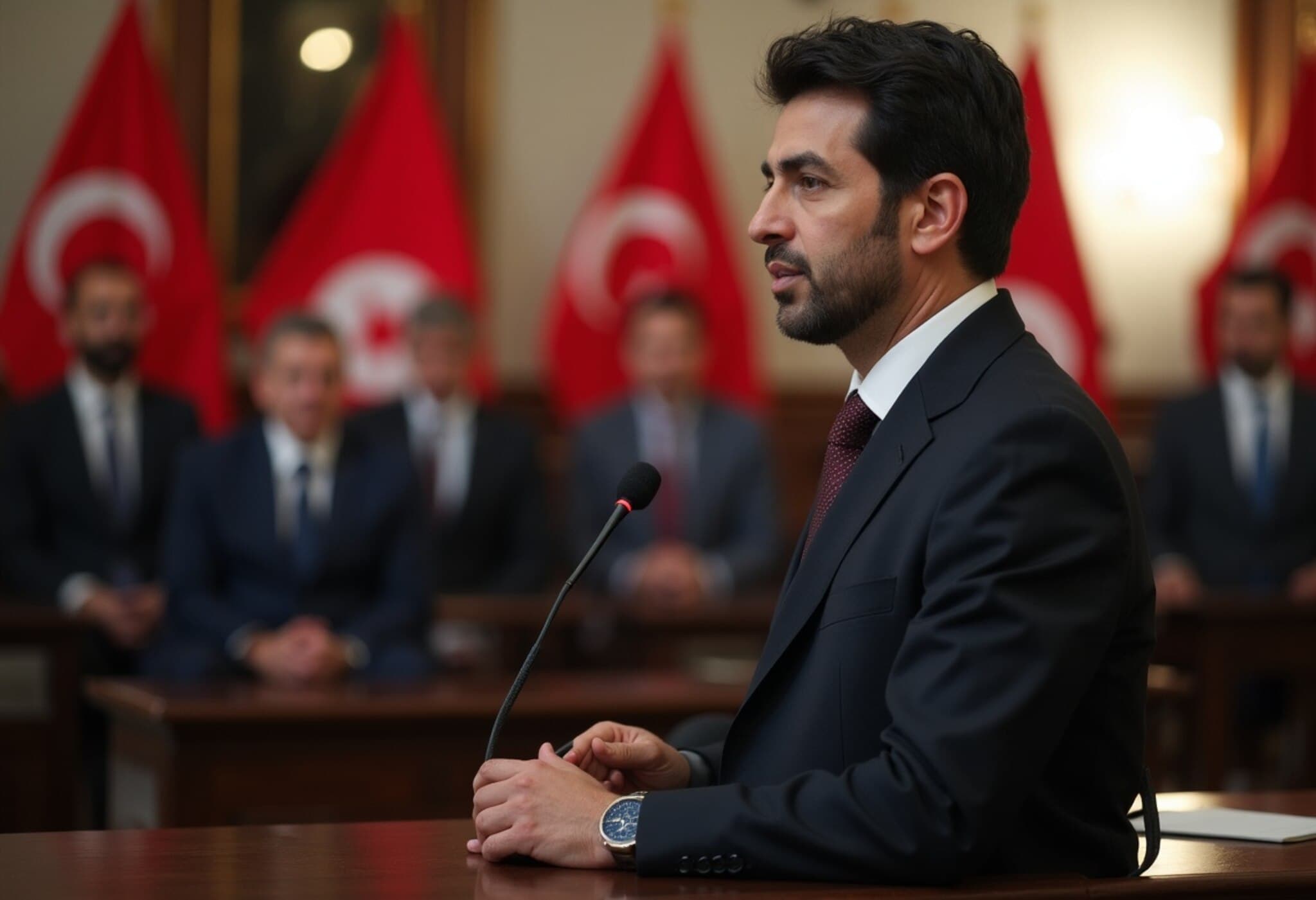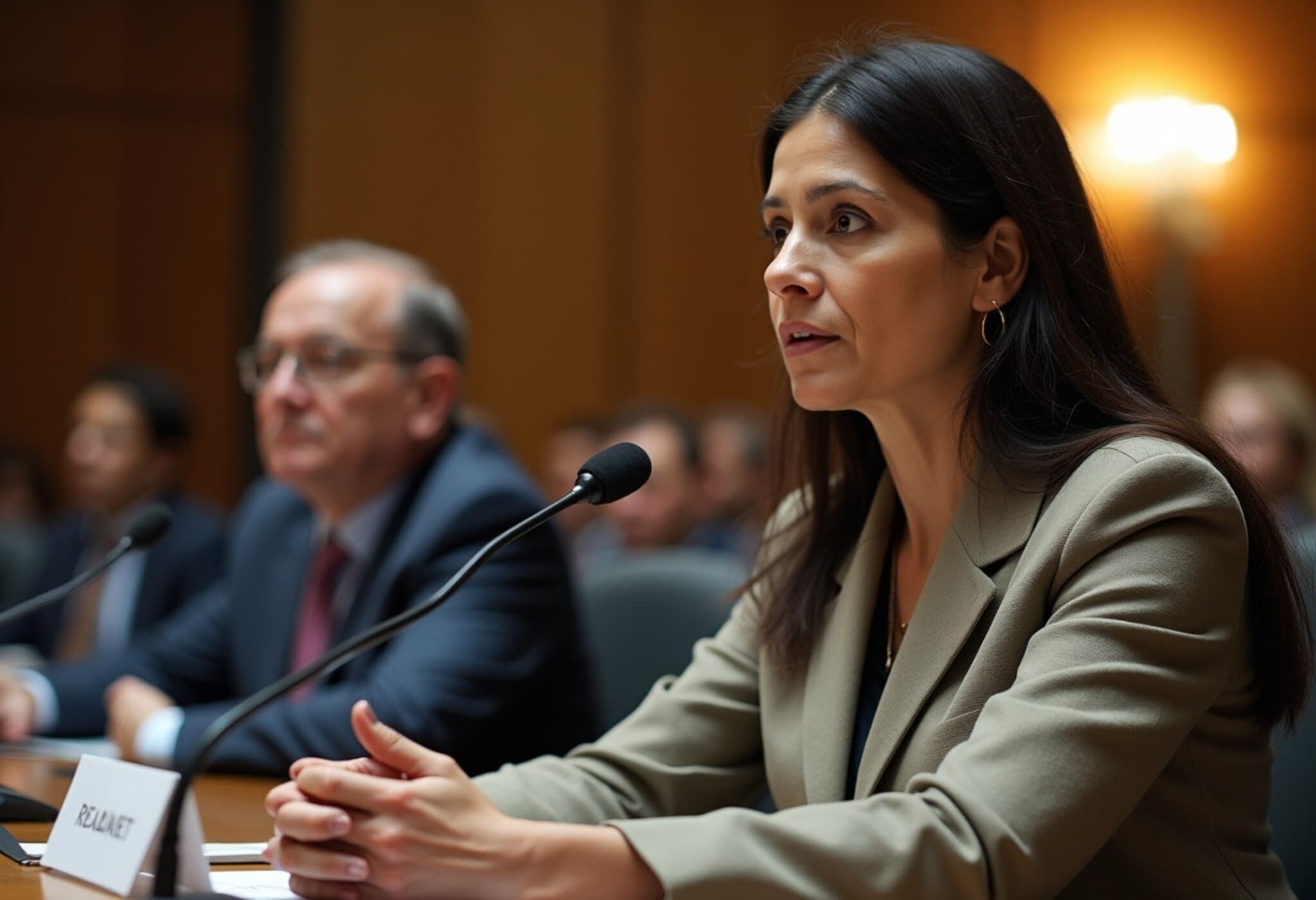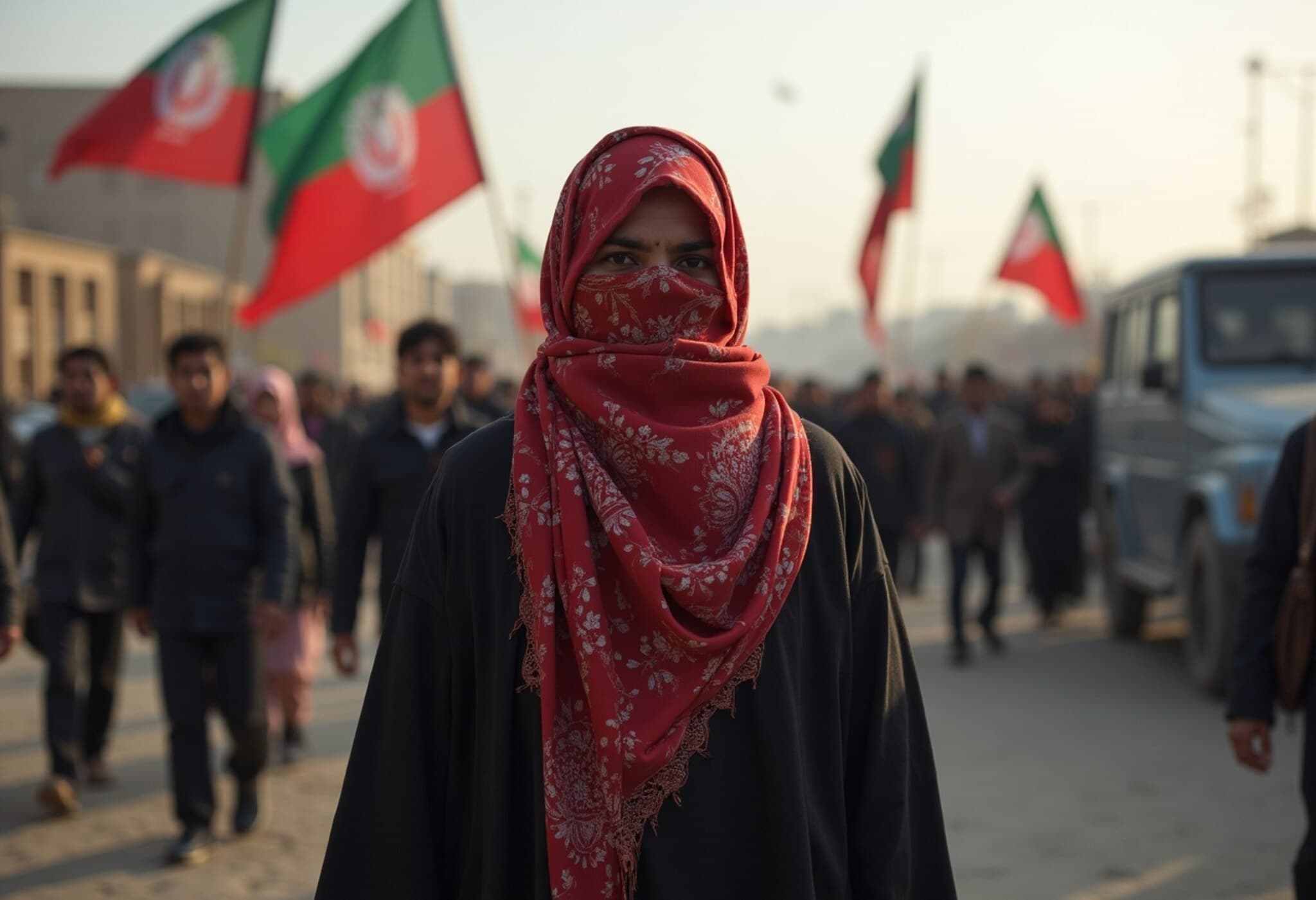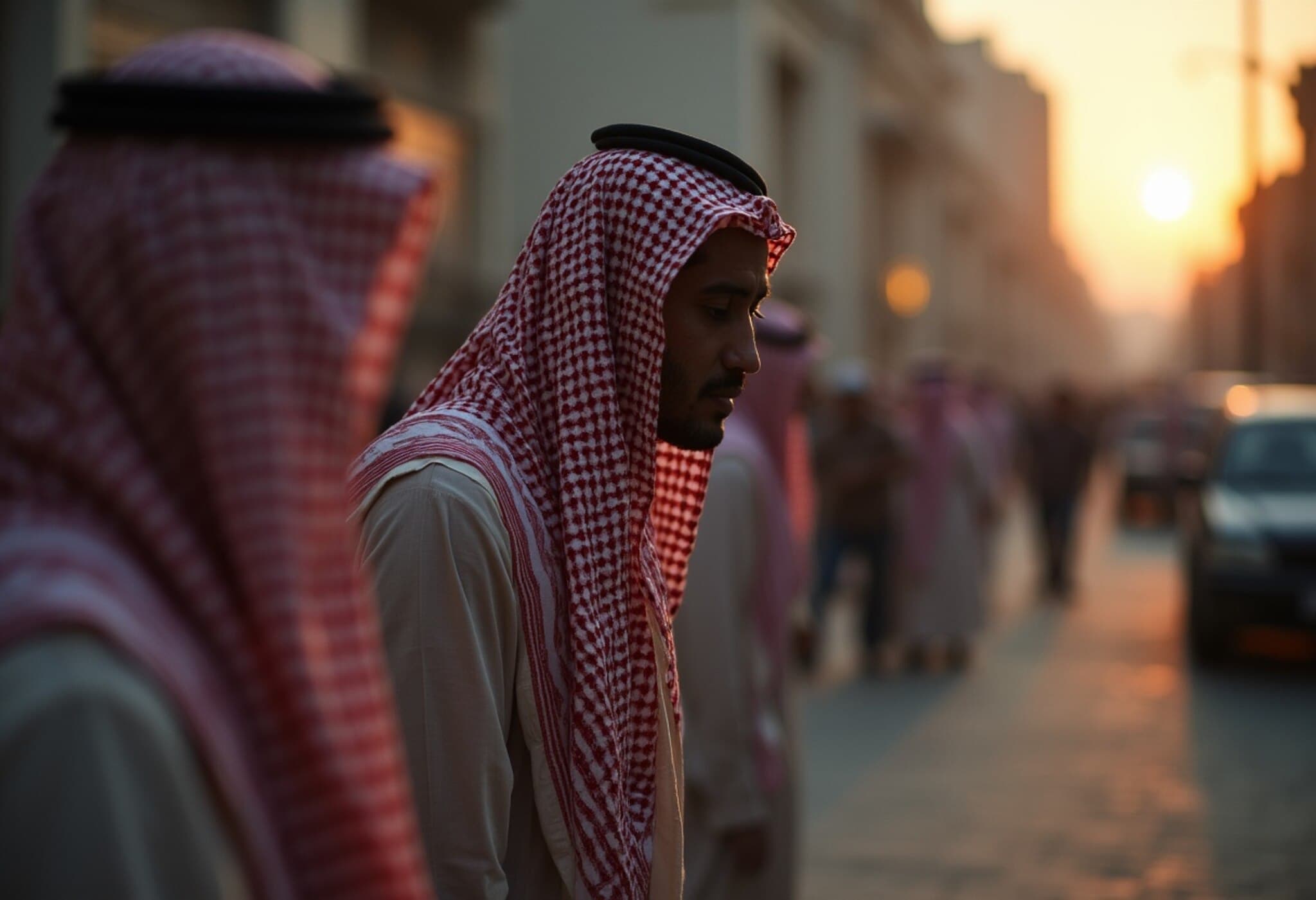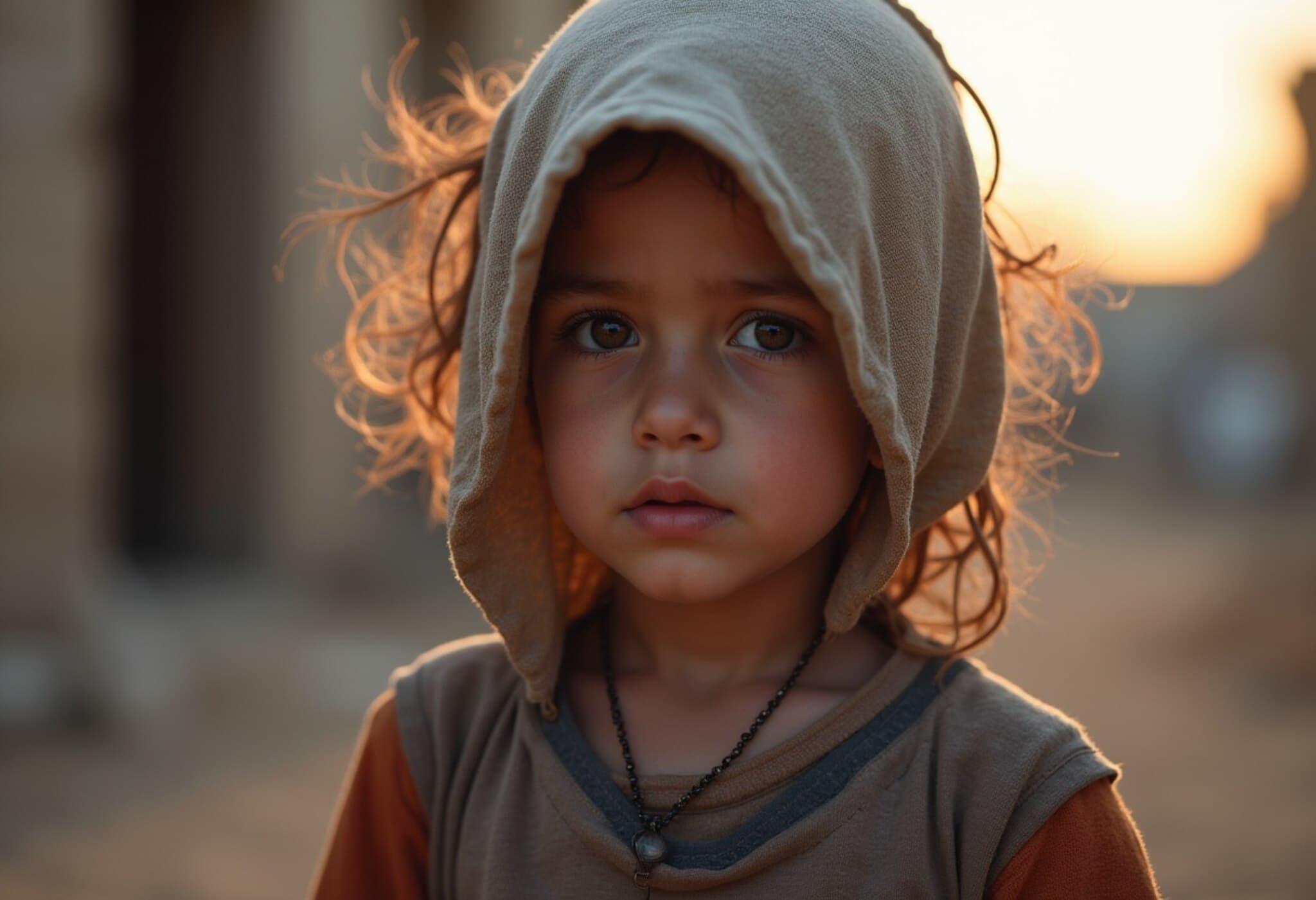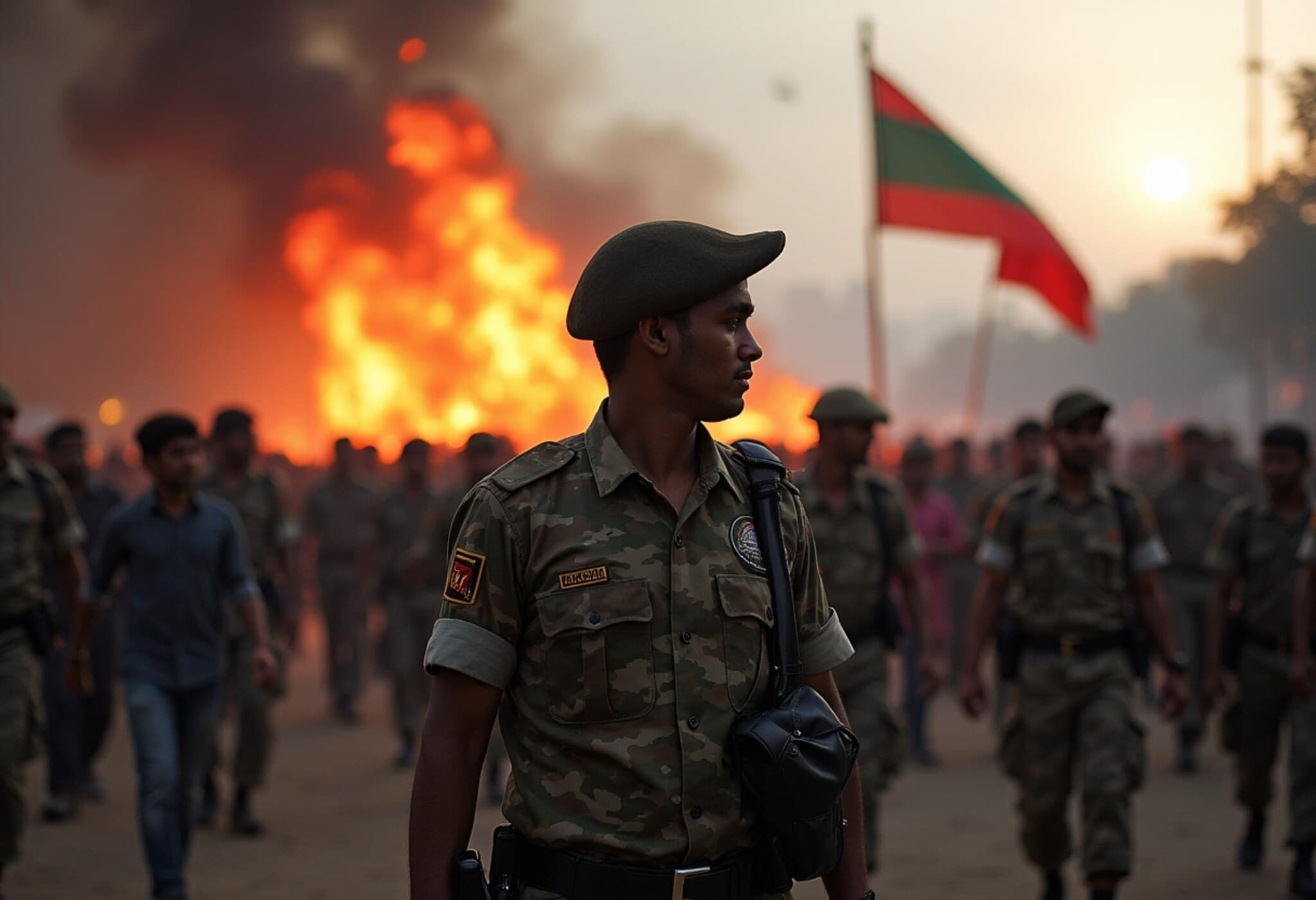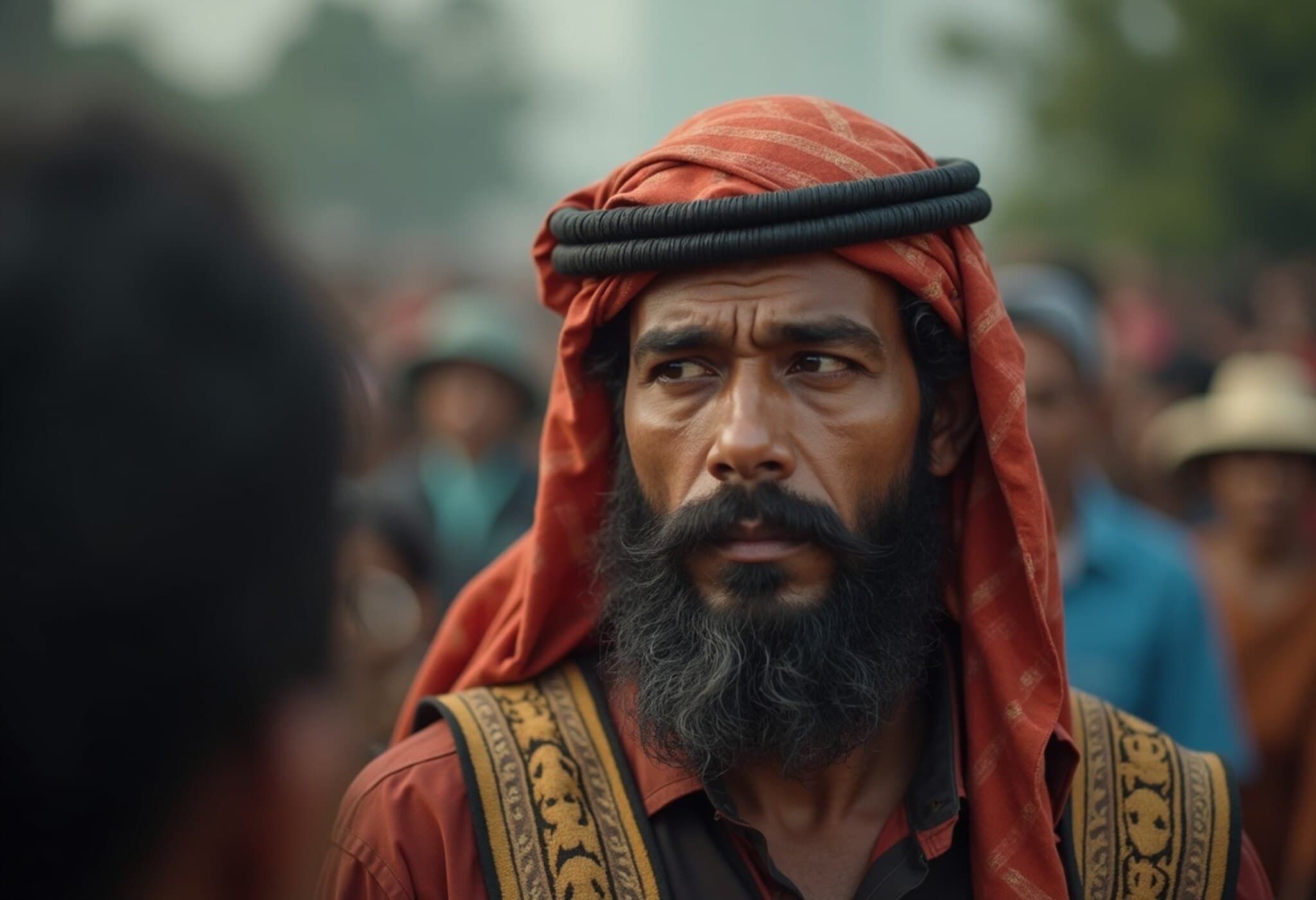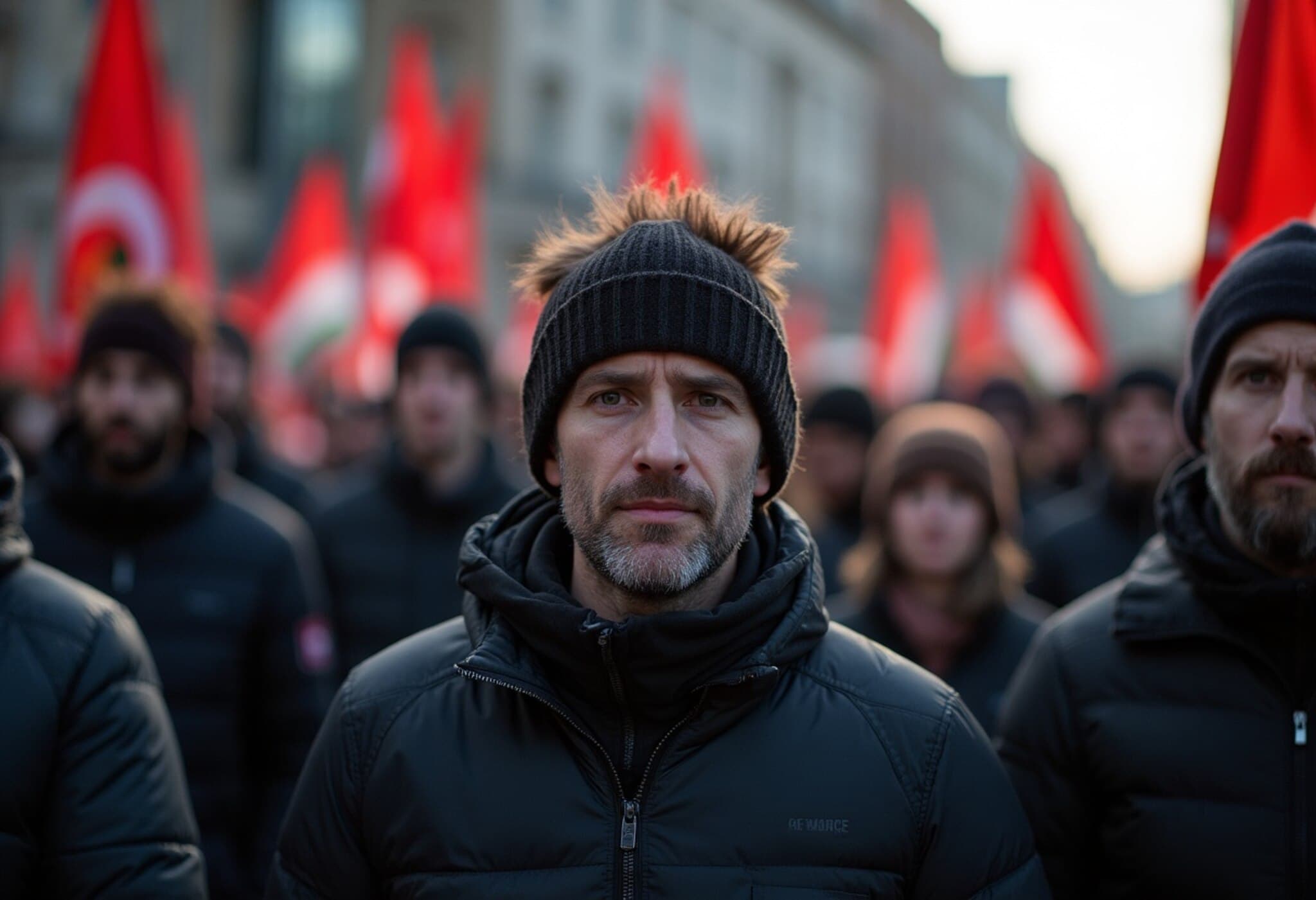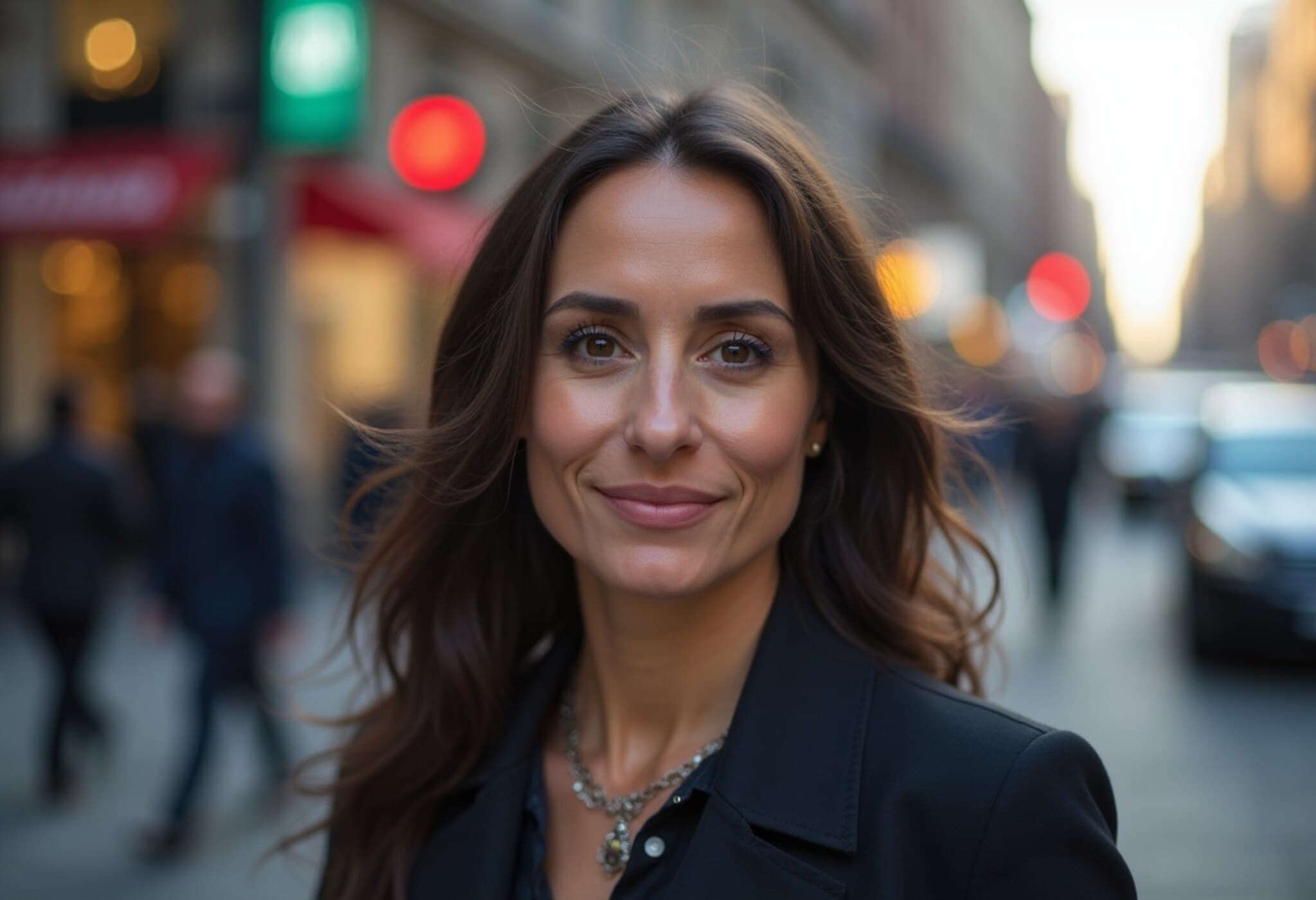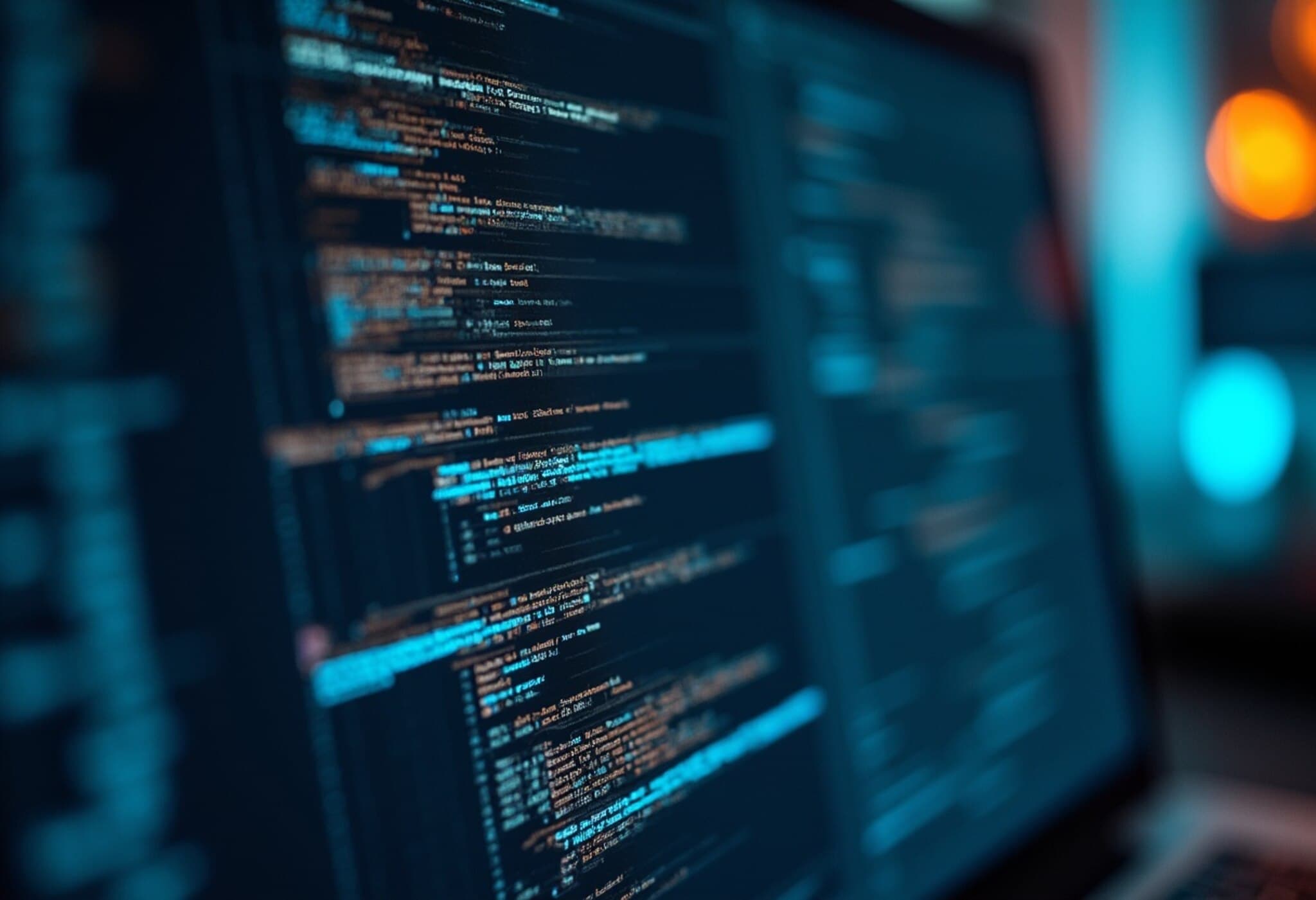UN Experts Denounce Tunisia’s Crackdown on Lawyers Advocating Free Speech
In a disturbing development raising alarms on the state of democracy and judicial independence in North Africa, United Nations special rapporteurs have sharply criticized Tunisia for imprisoning lawyers who express dissenting views or perform their professional duties. This condemnation highlights escalating concerns over the erosion of fundamental freedoms amid Tunisia’s current political climate.
Targeting Legal Professionals: A Threat to Justice
The UN special rapporteurs, Margaret Satterthwaite (on the independence of judges and lawyers) and Irene Khan (on the right to freedom of expression and opinion), released a joint statement underscoring multiple cases where Tunisian authorities arrested and jailed attorneys merely for making public comments or advocating on behalf of their clients. Such actions, they warn, constitute a direct assault on the fairness and integrity of legal proceedings in Tunisia.
One notable case cited involves lawyer Ahmed Souab, who was detained on terrorism-related charges after alleging that judges faced political pressure to impose harsh sentences on opposition leaders during a mass trial. Souab’s imprisonment is emblematic of broader attempts to silence voices critical of the government’s tightening grip on power.
Context: Tunisia’s Political Backdrop
President Kais Saied, elected in 2019, has since 2021 governed predominantly by decree after sidelining parliament and consolidating control. While Tunisia was once hailed as a beacon of democratic transition following the Arab Spring, recent years have witnessed an alarming rollback of freedoms, prompting international concern.
- Judicial independence is crucial for safeguarding human rights and the rule of law.
- Targeting lawyers chills dissent and undermines fair representation.
- Freedom of expression remains a cornerstone of democratic societies and must be protected.
International Calls for Upholding Legal Freedoms
The UN experts called on Tunisian authorities to ensure that lawyers can perform their duties without fear of intimidation, harassment, or unlawful detention. They emphasized that silencing these legal voices weakens accountability and impairs citizens’ access to justice.
Although the special rapporteurs operate independently from the United Nations, their assessments carry weight in the global human rights landscape and serve as a barometer for Tunisia’s commitment to democratic norms and the rule of law.
Broader Implications and Unheard Voices
Beyond the immediate repression of legal professionals, this situation raises broader questions about Tunisia’s trajectory. What does the imprisonment of lawyers suggest about the future of free expression in the region?
Moreover, these events spotlight the often-overlooked risks faced by legal advocates worldwide who challenge entrenched power structures. The international community’s response could shape norms protecting lawyers and human rights defenders in similar contexts.
Conclusion
As Tunisia grapples with political uncertainty, protecting the independence of its judiciary and respecting free speech are vital steps toward preserving its democratic aspirations. The UN experts’ condemnation is a clarion call to both Tunisian authorities and global stakeholders to uphold justice and human rights.
Tunisia’s crackdown on legal professionals highlights a critical juncture where judicial independence and freedom of expression intersect. It raises urgent questions about the role of legal defenders in fragile democracies and the international community’s responsibility to support rule of law. How can global actors balance respect for sovereignty with defending fundamental rights? The answer will shape the future of justice in Tunisia and beyond.

